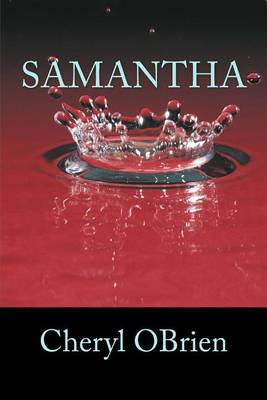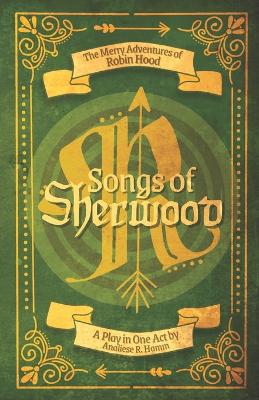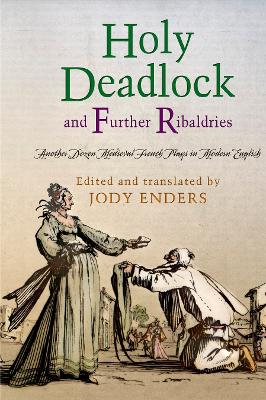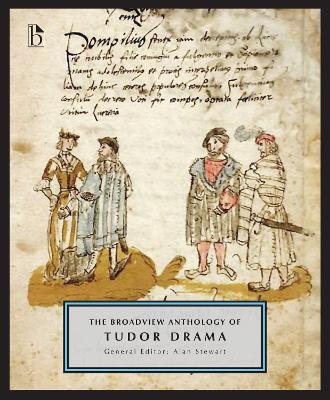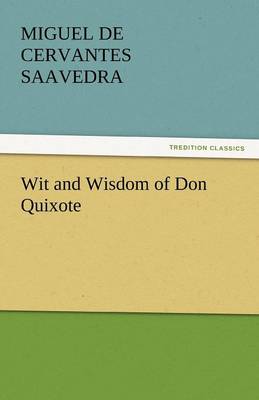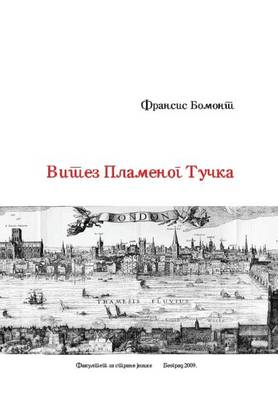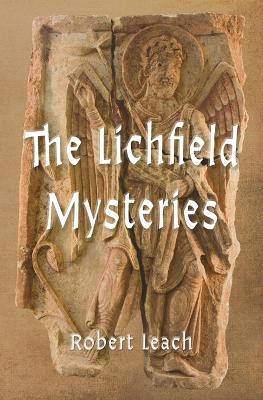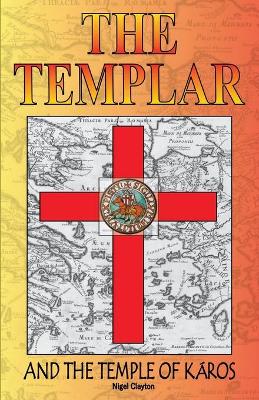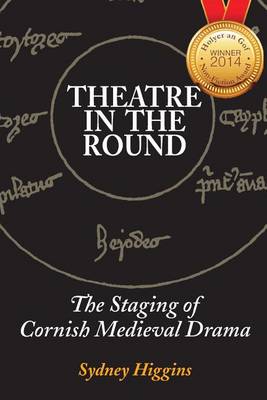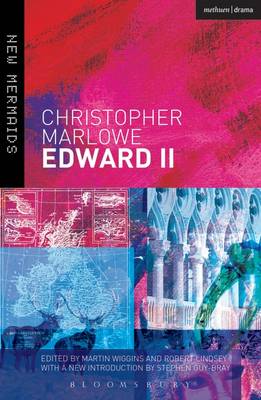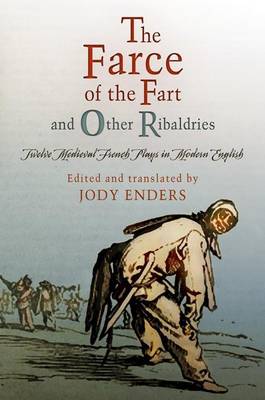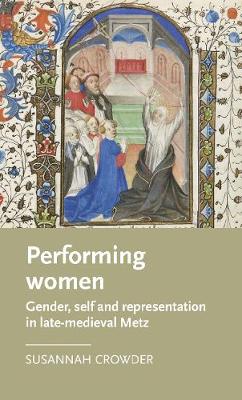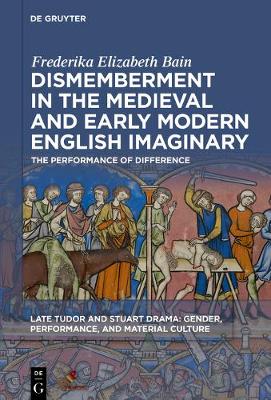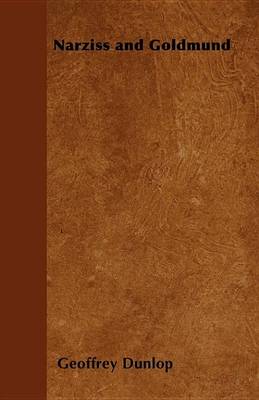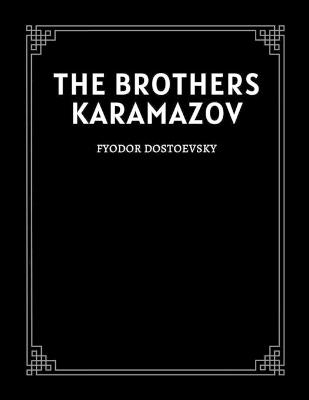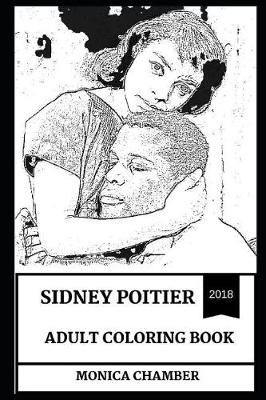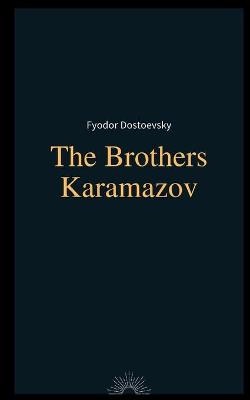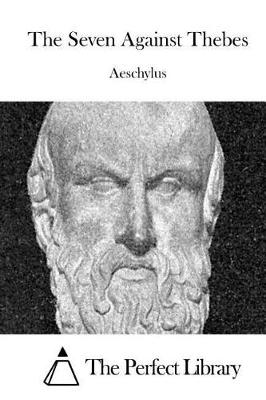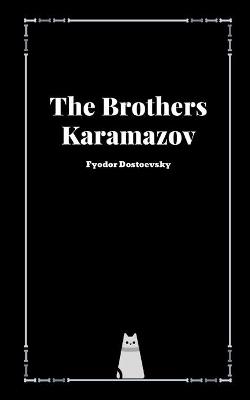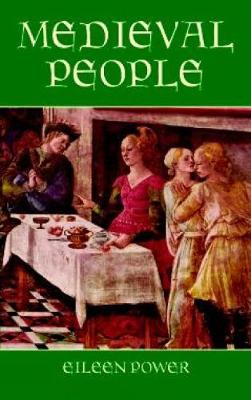"Holy Deadlock" and Further Ribaldries (The Middle Ages)
Did you hear the one about the newlywed who rushes off for legal advice before the honeymoon is over? Or the husbands who arrange for an enormous tub in which to cure their sugary wives with a pinch of salt? How about a participatory processional toward marriage so sacrilegious that it puts Chaucer's pilgrimage to shame? And who could have imagined a medieval series of plays devoted to spouse-swapping? Jody Enders has heard and seen all this and more, and shares it in her second volume of perfor...
The Broadview Anthology of Tudor Drama
English drama between the late fifteenth century and the late sixteenth centuries is as diverse as it is engaging; this anthology brings together eighteen of the most interesting and important dramatic works from the period. The plays have been chosen to give a broad view of the drama produced in Tudor England. They testify to the eclectic tastes of sixteenth-century audiences, ranging from morality plays (Mankind, Everyman), to comedies inspired by the Roman plays of Terence and Plautus (Ralph...
Edward II (Write-On Literature, #54) (New Mermaid Anthology)
by Christopher Marlowe
Unlike Marlowe's earlier dramas, "Edward II" is a play without a starring role. Instead of the splendid rhetoric of "Tamburlaine" and "The Jew of Malta" comes realistic dialogue and a complex plot telling of the fall of Edward II and the rise and demise of his rival, Mortimer. As the action unfolds, the audience's allegiances switch from character to character. Edward's infatuation with his favourites, neglect of his kingdom and his queen are delicately offset against his genuine love for Gavest...
"The Farce of the Fart" and Other Ribaldries ("The Farce of the Fart" and Other Ribaldries) (The Middle Ages)
Was there more to medieval and Renaissance comedy than Chaucer and Shakespeare? Bien sur. For a real taste of saucy early European humor, one must cross the Channel to France. There, in the fifteenth and early sixteenth centuries, the sophisticated met the scatological in popular performances presented by roving troupes in public squares that skewered sex, politics, and religion. For centuries, the scripts for these outrageous, anonymously written shows were available only in French editions gat...
Performing Women (Manchester Medieval Literature and Culture)
by Susannah Crowder
This book takes on a key problem in the history of drama: the 'exceptional' staging of the life of Catherine of Siena by a female actor and a female patron in 1468 Metz. Exploring the lives and performances of these previously anonymous women, the book brings the elusive figure of the female performer to centre stage. It integrates new approaches to drama, gender and patronage with a performance methodology to explore how the women of fifteenth-century Metz enacted varied kinds of performance th...
Dismemberment in the Medieval and Early Modern English Imaginary (Late Tudor and Stuart Drama)
by Frederika Elizabeth Bain
The medieval and early modern English imaginary encompasses a broad range of negative and positive dismemberments, from the castration anxieties of Turk plays to the elite practices of distributive burial. This study argues that representations and instances of bodily fragmentation illustrated and performed acts of exclusion and inclusion, detaching not only limbs from bodies but individuals from identity groups. Within this context it examines questions of legitimate and illegitimate violence,...
Sidney Poitier Adult Coloring Book (Sidney Poitier Books, #0)
by Monica Chamber
Giovanni Boccaccio Eclogues (Garland Library of Medieval Literature)
by Smarr and Professor Giovanni Boccaccio
The Seven Against Thebes (Clarendon Paperbacks) (Dover Thrift Editions)
by Aeschylus
Though the Septem has been the focus of much scholarly attention in recent decades, this powerful drama remains difficult for modern readers and presents great problems of text and interpretation. The text of this major edition differs substantially from other current versions and the commentary draws on literature, art, and inscriptions to illuminate the work and its details by placing them in the context of Greek culture and society, and by showing how conventions are used, modified and distor...

